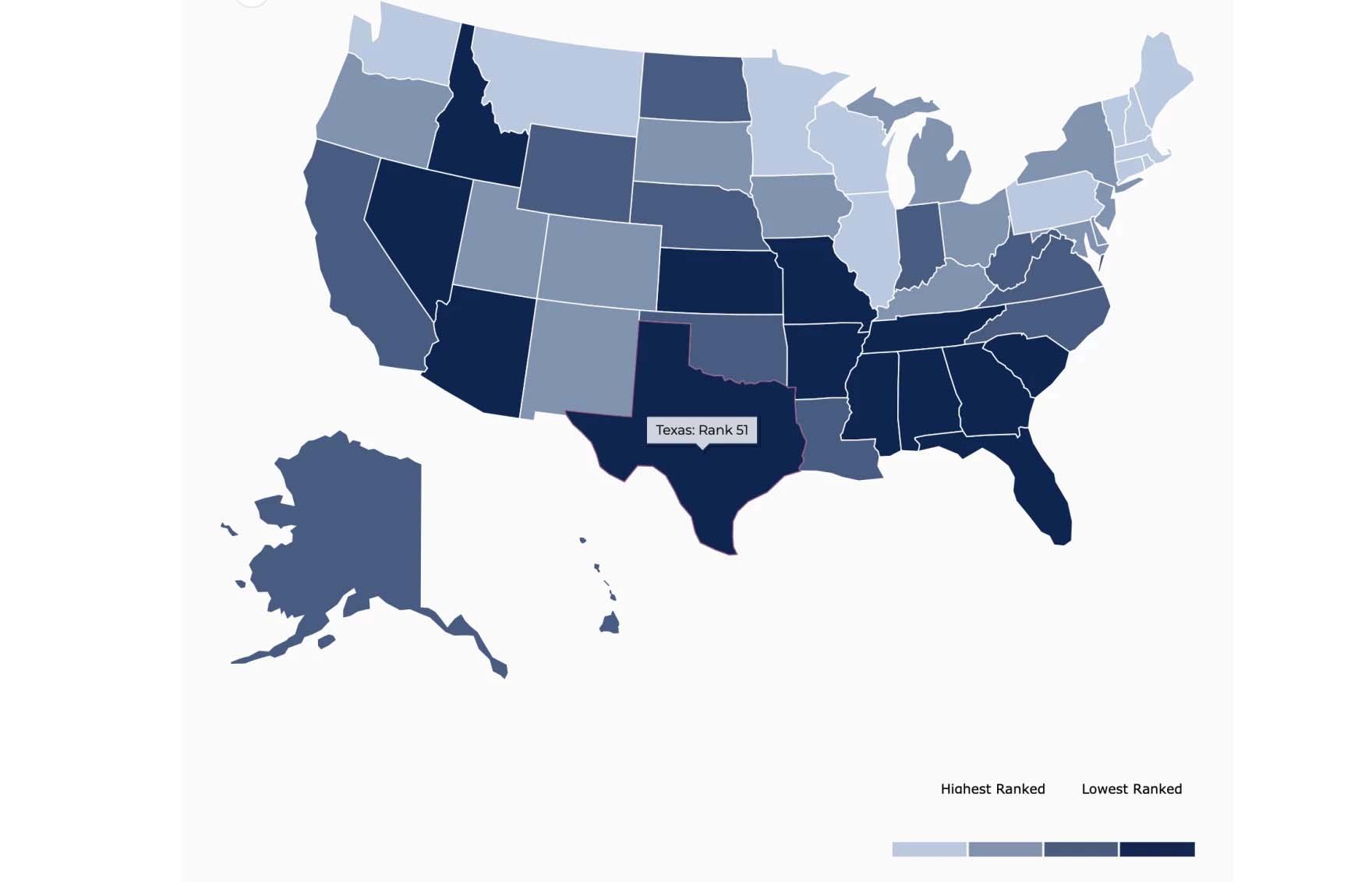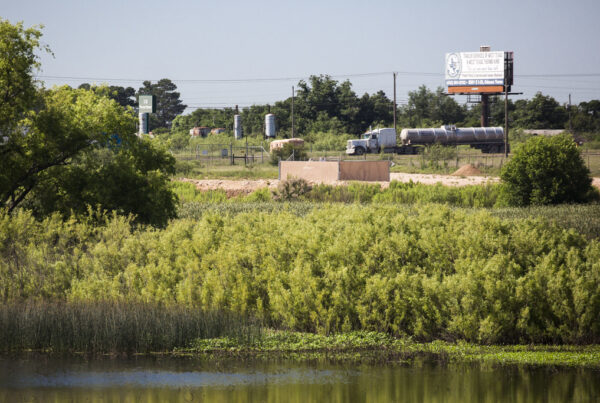From KACU:
If you or someone you know is in crisis, you can call the National Suicide Hotline at 988.
Last year, Texas ranked last in the nation when it comes to access to children’s mental health services. But the need for counseling and other services is dire. So far state leaders have not taken drastic steps to address the growing crisis.
State lawmakers passed a bill this year that created a so-called Innovation Grant program. The goal is to open up $15 million in funding for providers that work with children who need mental health services. Since the COVID-19 pandemic, the demand for mental health care has increased. But the federal government estimates that 98% of Texas’ 254 counties don’t have enough mental health professionals.
Jennifer Farrar, chief operating officer at Betty Hardwick Center, says the mental healthcare provider in Abilene has experienced hiring challenges since the pandemic.
“Where we would – three to five years ago, we have about the same number of open positions sometimes – but what we see is that they remain open longer for longer periods of time,” she said. “People are choosing, sometimes, not to do traditional work.”
At the same time, adolescent depression has been getting more severe. Texas counts 12.3 deaths by suicide per 100,000 adolescents ages 15 to 19, according to America’s Health Rankings.
“In 2021, 33% of Texas high school students reported feeling stressed, anxious or depressed during the previous month, and 22% of those seriously considered suicide,” Farrar said.
“I feel like adults don’t really see what teens see,” Cooper High School senior Kamonie Ford said, adding that the world he and his friends live in is different from that of their parents.“They can’t really see from their perspective because things were so much different back then. Things now have become a lot more harsh, and the environment has become a lot more toxic.”
Ford says students with different lifestyles struggle with judgment from their peers, which can add stress to the usual demands of school. But he has seen administrators taking steps to improve resources for struggling students.
“The school itself has really put an emphasis on mental health,” he said. “On our IDs, there’s a suicide prevention hotline and they recently added that about two years ago, and I feel as though they’re starting to notice these things more and more every single day.”
Ford is part of a group on his campus that brings students together to discuss mental health issues. He says he has noticed that even teachers are paying more attention to their students’ mental health.
“I feel like there are certain teachers within the school who really reach out to students, who really tell students like ‘Hey, if there’s anything you want to talk about, I’m here.’ Just someone who’ll listen to you, someone who can talk to you, you don’t have to come to me every day, but I feel as though there are some teachers who really notice those things.”
Texas requires school districts to employ one school counselor for every 500 students. Cecilia Castillo, counselor at Cooper High School, says effective advocacy requires relationship-building. That’s hard to do when you’re working with 500 kids.
“As you develop those relationships and you find out what the issues are or what they’re facing, then our goal is to direct them in ways of whoever can help them with whatever problems they’re encountering,” she said.
Schools are also struggling to fill openings for counselors. In an effort to address that shortage, state legislators passed a law this year allowing districts to hire chaplains to serve as counselors. The bill was strongly opposed by both religious and counseling communities because chaplains are not licensed to treat mental health issues.
State Rep. Stan Lambert, a Republican from Abilene, says he’s glad the issue got some attention during the most recent legislative session – but that Texas needs to invest much more to help districts meet students’ needs.
“We need to put trained counselors in our schools that can detect and identify and work with staff, those students and children that do have needs in this area,” he said. “So I think the funding is going to be important.”
Lawmakers will convene in Austin this month for a special legislative session that will focus on school funding. Mental health services in schools likely won’t be addressed.













